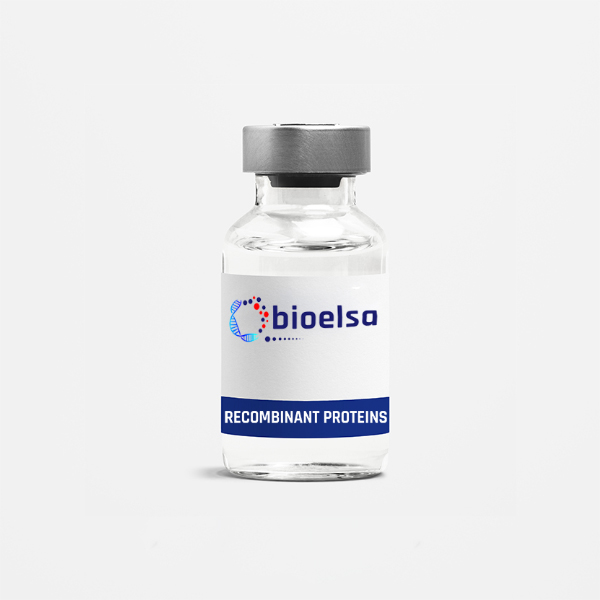
| Gene ID | N/A |
| Accession | BC063260 |
| Alternative Name | ALK5, ALK-5, TbetaR-1, TbetaR1 |
| Species | Mouse |
| Source | Insect cells |
| Description | TGFBR1 or transforming growth factor, beta-receptor 1 is a member of the TGFbeta receptor subfamily and is a ser/thr protein kinase that forms a heteromeric complex with type II TGF-beta receptors when bound to TGF-beta, transducing the TGF-beta signal from the cell surface to the cytoplasm. Mutations in TGFBR1gene have been associated with Marfan syndrome, Loeys-Deitz Aortic Aneurysm Syndrome, and the development of various types of tumors . TGFBR1-dependent signaling is required for angiogenesis but not for the development of hematopoietic progenitor cells and functional hematopoiesis . |
| Accession | BC063260 |
| Functions | The specific activity of TGFBR1was determined to be 0.4nmol /min/mg as per activity assay protocol. |
| Formulation | 50mM Tris-HCl, pH 7.5, 150mM NaCl, 10mM glutathione, 0.1mM EDTA, 0.25mM DTT, 0.1mM PMSF, 25% glycerol. |
| Solubility | N/A |
| Appearance | Liquid |
| Molecular Weight | 67 |
| Purity | 70% - 90% |
| Shipping Condition | Dry Ice |
| Storage Condition | Store product at ?70?C. For optimal storage, aliquot target into smaller quantities after centrifugation and store at recommended temperature. For most favorable performance, avoid repeated handling and multiple freeze/thaw cycles. |